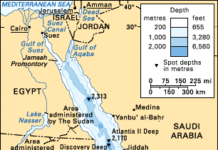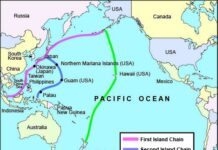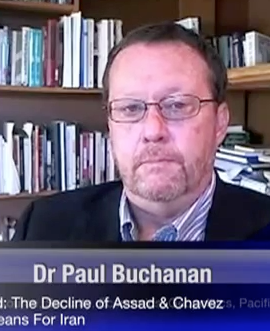Pacific Scoop PIF Coverage
Shark sanctuary gets green light for Cook Islands
pasifik edita

Cook Islands Prime Minister Henry Puna speaks at the Pacific Islands Forum. Image: Cook Islands News
Pacific Scoop:
Report – By Rachel Reeves on Rarotonga
Confident that the Cook Islands “will do the right thing”, Marshall Islands politician Tony deBrum is congratulating government “in advance” for legislating a shark sanctuary.
The member of Parliament for Kwajalein has been vocal about shark protection in his country, which banned shark finning in October last year.
DeBrum, who is in Rarotonga for the Pacific Islands Leaders Forum, applauds the local movement to protect te mango.
 “We’re excited about the prospects of other Pacific neighbours doing the same thing,” he said. “Marshall Islands and Palau alone will not carry the burden of saving the shark or preventing its demise. It will have to be a total Pacific, a total world effort.
“We’re excited about the prospects of other Pacific neighbours doing the same thing,” he said. “Marshall Islands and Palau alone will not carry the burden of saving the shark or preventing its demise. It will have to be a total Pacific, a total world effort.
Clear message
We’re hoping that what we’ve done will also help to convince and send a clear message to our neighbours that this is the right thing to do – and to do it quickly.”
DeBrum says he has been hearing of agreements being negotiated between the Cook Islands government and overseas fishing companies, which he fears “may threaten this whole effort”.
Initially his government encountered resistance from the fishing industry, but refused to back down.
“There was some humming and hawing from the fishing industry – people were coming back and saying we should adjust our laws to fit their fishing methods. (We said), it’s the other way around and you should adjust your fishing methods to fit our laws.”![]()
‘Very strong fight’
DeBrum said Luen Thai – a multinational fishing company licensed to fish in both the Marshall Islands and the Cook Islands – put up a “very strong fight” against the Marshalls sanctuary movement.
The company considered the ability to fish shark “part of their package in being licensed to fish tuna”, deBrum said.
“(We said), you’re fishing for tuna, you’re not fishing for shark and if you get caught with shark you will be severely penalised… (They) must respect our laws and must abide by our shark sanctuary rules.
“We maintain that if anybody… threatens to leave (because) shark laws are too strong that must mean they are targeting sharks.”
He says the impact of the shark sanctuary on his country was wholly positive, and is confident that should the Cook Islands choose to protect its sharks, the tangible benefits will be “almost immediate”.
The shark sanctuary has, in fact, proven a profitable venture for the Marshall Islands.
In the past six months its government has collected over US$235,000 in fines extracted from foreign vessels found to be in breach of shark legislation. Fines for violations range between $25,000 and $200,000, and offending vessels are also required to recompense the Marshall Islands for the retail value of the shark fins obtained illegally.
Tourist influence
The value of shark protection can also be measured in tourist dollars, spent by people who visit the country and its atolls just to dive.
DeBrum and the President of the Marshall Islands intend to meet with Prime Minister Puna before the Forum’s end to encourage him to declare a shark sanctuary “urgently”.
“I want to congratulate the Cook Islands ahead of time because I think they will do the right thing. They always have in the past. They will not fall, I don’t think, prey to this notion that there is such a thing as exploratory fishing. In this day and age everybody knows where all the fish are – (we) don’t need to do any exploratory fishing because exploratory fishing allows for exploitation of vulnerable species like the shark,” he said.
Conservationists on Rarotonga this week say they have met with Puna, who was fully supportive of the shark sanctuary initiative.
Rachel Reeves is political reporter of the Cook Islands News.
This item is republished courtesy of Pacific.Scoop.co.nz.
Unless expressly stated otherwise, the findings, interpretations and conclusions expressed in this media release item do not necessarily represent the views of 36th Parallel Assessments.













